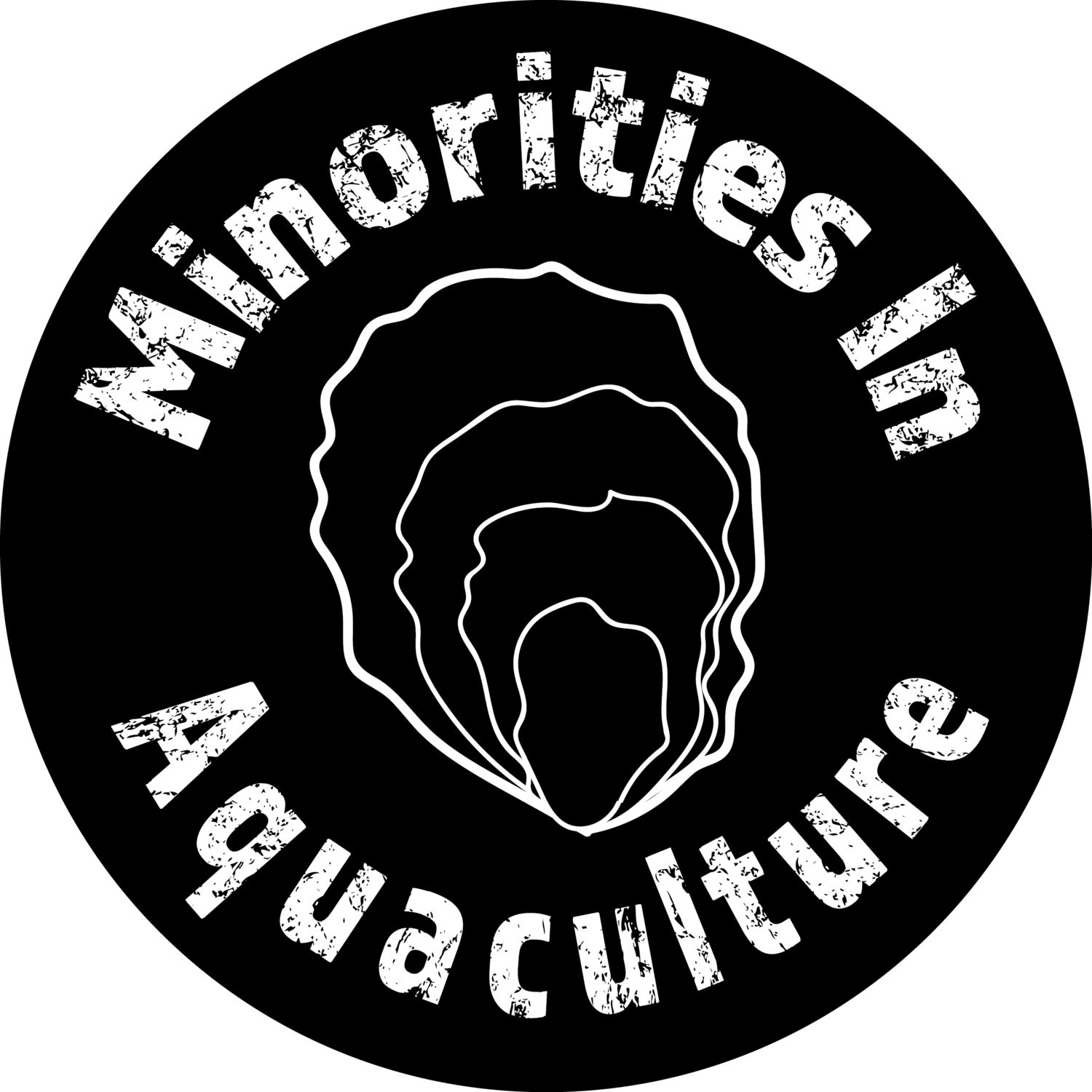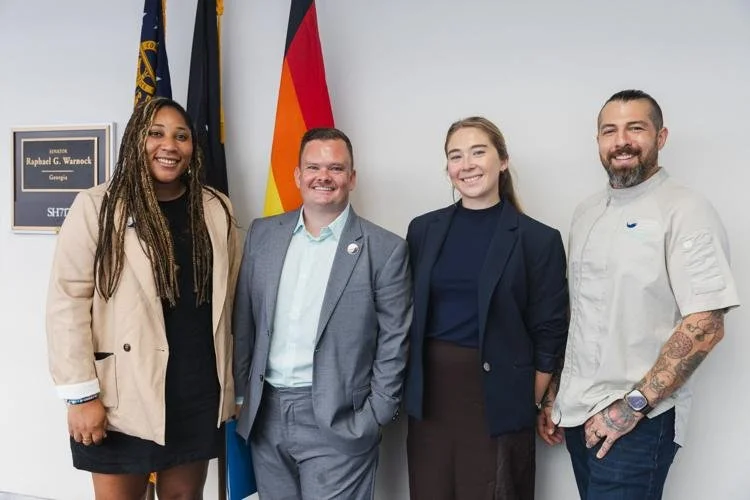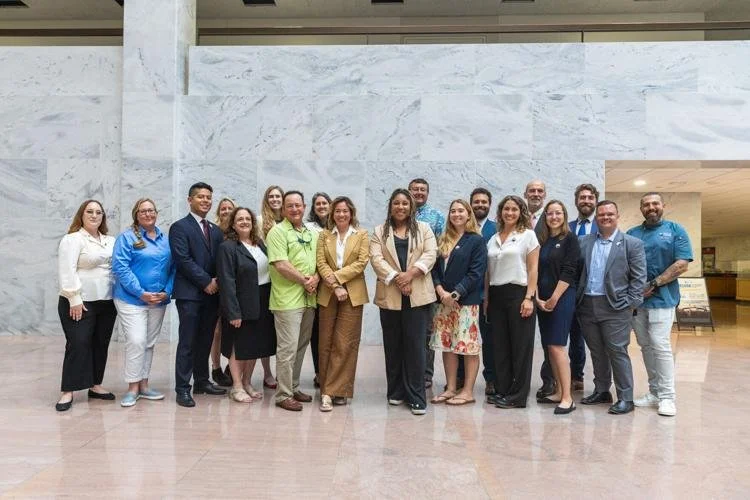Eastern Shore resident advocates for sustainable seafood on Capitol Hill
MyEasternShoreMD | By Lily Tierney | July 6, 2025
Photo courtesy: Coalition for sustainable aquaculture
WASHINGTON, D.C. — Oyster farmer Imani Black has stepped off the boat and onto Capitol Hill with 21 members of the Coalition for Sustainable Aquaculture to urge lawmakers to support sustainable seafood in American open ocean waters.
The coalition is familiar with the suits, high heels and high rotunda ceiling on the Hill after consistently supporting science-based, inclusive off-shore aquaculture bills, according to the Coalition for Sustainable Aquaculture’s Website.
Black founded nonprofit Minorities in Aquaculture in 2020. The organization educates underserved communities about the growing opportunities in aquaculture, its benefits and sustainability and sustainability’s lasting impact.
Black, an Easton resident and Queen Anne’s county native, is Eastern Shore through and through and works in oyster restoration. “I just think there’s so much power in a little oyster,” Black said. “And they do so much for us. In the water and out of the water.”
Oysters clean the Chesapeake Bay through filter feeding, which helps clarify the water; nutrient cycling, which allows oysters to process nitrogen in a way that removes it from the water; and through habitat creation, where oyster reefs can provide essential habitat for other marine species.
Her waterman heritage and Chesapeake culture heavily inspired Black’s involvement in this type of work. She said she is proud of her Eastern Shore heritage and seeks to honor her family’s legacy by representing the region.
“I love being on the Eastern Shore so much,” Black said. “I mean, I may not like living here sometimes because we don’t have a lot of stuff, but I love the essence and I love the culture.”
Minorities in Aquaculture’s mission focuses on workforce development. Black said that sometimes, the name can be a deterrent, but once people get past the buzz words of diversity, equity and inclusion, they start to understand the importance of this work.
“If we are going to have U.S. seafood competitiveness increasing like this administration wants us to, we’re going to need skilled labor to be able to do that,” she said. “And so it doesn’t really matter if you’re Black, white, purple or, whatever, we need you and your skills.”
Black and the 21 members of the coalition went to D.C. to advocate for consensus legislation that aims to create federal regulations and guidelines surrounding aquaculture, such as permitting and site regulations, fish health and welfare measures, labor and equity standards, and climate and sustainability standards.
Black said the bill has seen a tremendous amount of support, especially in Maryland and Virginia, but there is excitement and growing interest elsewhere too.
“I think that people are getting more curious and want to strengthen their connection and understanding to agriculture and what’s going on and things like that,” Black said.
Black said if anyone is interested in following along with this new initiative or her other work or wants to get involved, they should visit the website mianpo.org.
photo courtesy: coalition for sustainable aquaculture


